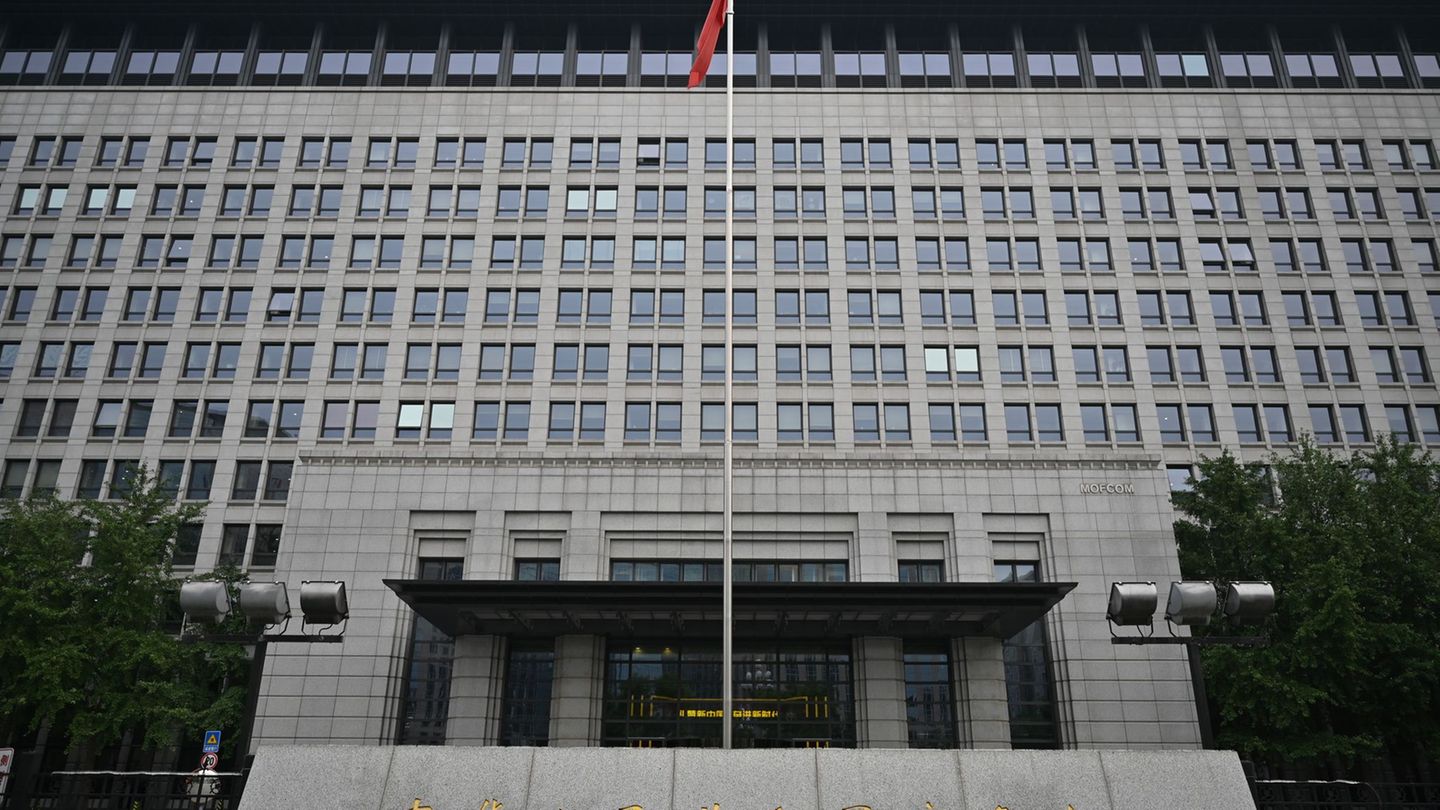In recent years, a significant change has been observed among the new generations in Argentina: more and more young people choose not to join social or prepaid insurance, preferring to pay for specific medical services only when they need them. This trend reflects economic, labor and cultural factors that are redefining health care.
A look at the statistics
Health coverage in Argentina: according to data from the 2022 National Census, 60.9% of Argentines have social or prepaid insurance, while 35.8% depend exclusively on the public health system. Among young adults aged 20 to 35, access to formal coverage is considerably lower, highlighting greater dependence on the public system.
Impact of informal employment: more than 50% of young people work informally, according to figures from the Ministry of Labor of the Nation. This excludes them from social work benefits linked to formal jobs and limits their income, making it difficult to pay for private health plans.
Costs and priorities: Labor informality among young people in Argentina is a significant phenomenon, with more than 50% of young workers in informal employment. This context prevents them from accessing the benefits of social works, which are linked to formal jobs, and limits their ability to pay for private health plans.
In addition, the lack of work experience and difficult economic conditions make many young people lean towards informal jobs. Although this type of employment offers them flexibility, it also entails the exclusion of labor rights such as medical coverage or pension contributions.
Factors that enhance this trend
Digitalization has facilitated access to medical consultations and services through platforms that do not require affiliation. These cheaper and more flexible options are especially attractive to young people, who, being in a stage of life with fewer serious health problems, find the “pay-as-you-go” model a convenient solution.
The risks of the ‘pay as you go’ approach
Although this modality provides greater autonomy and immediate savings, it leaves young people vulnerable to serious illnesses or emergencies, which can generate unforeseen and high expenses. Furthermore, this trend erodes the principle of solidarity in the health system, which depends on the contribution of the entire active population to sustain itself.
The challenge for health service systems
The decline in young people’s interest in membership challenges social and prepaid insurance companies to rethink their services. More flexible, accessible options adapted to the economic restrictions and lifestyle of this generation may be key to reversing the trend and attracting this age group again.
With 50 years of experience in occupational health, at the Fitz Roy Comprehensive Medical Center we take on a new challenge: to meet the growing need for accessible and agile medical services for the entire public. In response to this demand, we have incorporated a new diagnostic unit that offers MRIs, CT scans, ultrasounds and laboratory analyses, available even without a prior appointment. Our goal is to provide fast, affordable and quality care, adapting to the current priorities of users, especially the youngest, who value more flexible and efficient care models.
Director of Operations of the Fitz Roy Comprehensive Medical Center.
Source: Ambito
David William is a talented author who has made a name for himself in the world of writing. He is a professional author who writes on a wide range of topics, from general interest to opinion news. David is currently working as a writer at 24 hours worlds where he brings his unique perspective and in-depth research to his articles, making them both informative and engaging.




